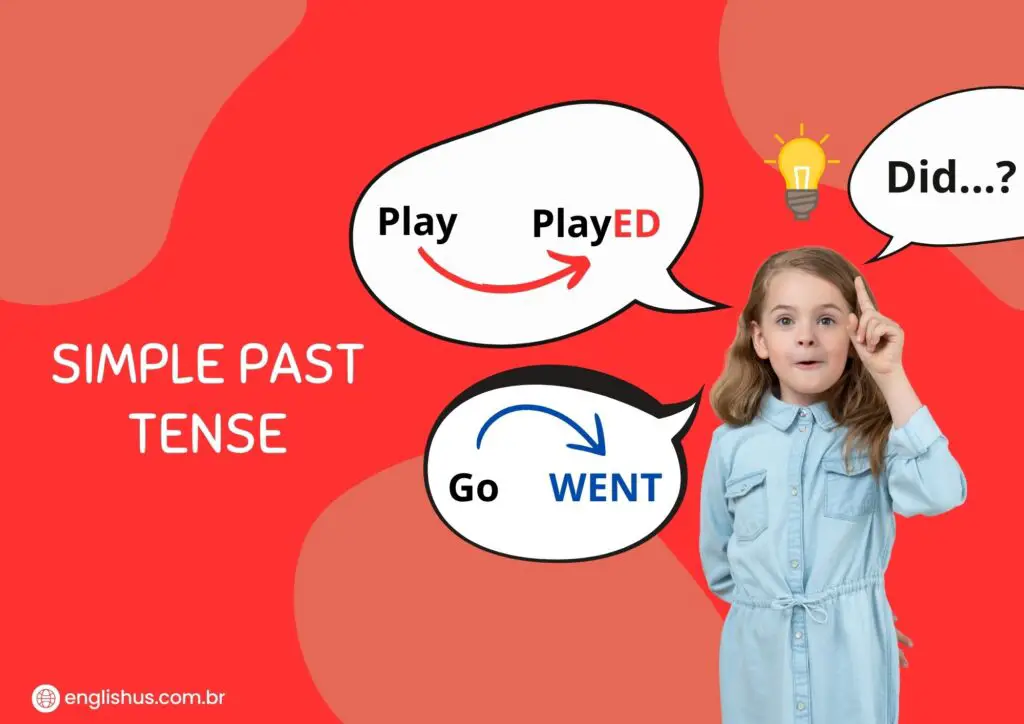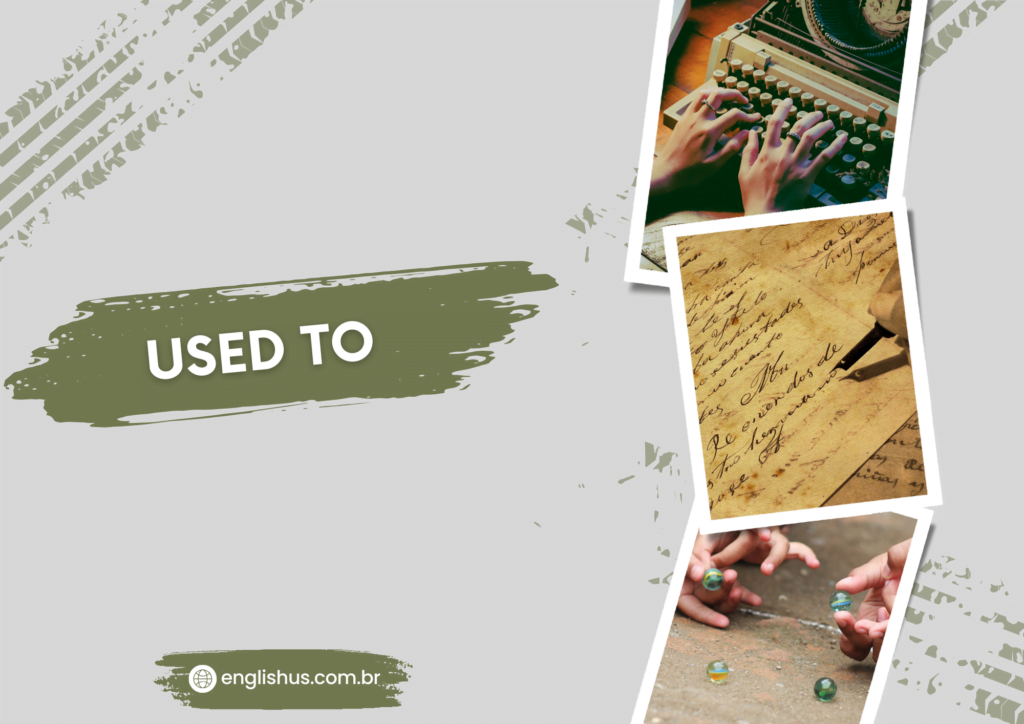Hey there, language enthusiasts! Are you ready to unlock the secrets of the Present Perfect with “YET”, “ALREADY”, and “JUST”? Today, we’re diving into the fascinating world of these adverbs and how they add depth and nuance to our English expressions. So, buckle up and get ready to embark on a linguistic adventure like no other!
Unveiling the Power of “Yet,” “Already,” and “Just”
The Present Perfect tense is a versatile tool for expressing actions or experiences that have occurred at an unspecified time in the past but have relevance to the present moment. When combined with “yet,” “already,” and “just,” it becomes even more powerful, allowing us to convey different shades of meaning and context.
Understanding the Difference:
- Yet: Indicates that something is expected or anticipated to happen in the future.
- Already: Indicates that something has happened before a specific point in time.
- Just: Indicates that something has happened very recently or a short time ago.
How to Use “Yet,” “Already,” and “Just” with the Present Perfect
Let’s break down the usage of each of these adverbs and explore how they enhance our communication:
- Yet
“Yet” is used in negative statements and questions to express something that is expected to happen in the future but hasn’t happened up to the present moment.
- Example: I haven’t finished my homework yet.
- Already
“Already” is used in positive statements to indicate that something has happened before a specific point in time, often sooner than expected.
- Example: She has already seen that movie.
- Just
“Just” is used to indicate that something has happened very recently or a short time ago, emphasizing the immediacy of the action.
- Example: We have just arrived home.
Exploring Usage in Context
Let’s delve into some real-life scenarios where “yet,” “already,” and “just” are used with the Present Perfect:
- Making Plans
- Have you booked your tickets for the concert yet?
- I’ve already made reservations at the restaurant for tonight.
- Reporting Experiences
- She has just finished reading that book.
- I haven’t seen the latest episode of the series yet.
- Discussing Achievements
- They have already completed the project ahead of schedule.
- Have you just finished your workout at the gym?
Tips for Mastering Usage
To become proficient in using “yet,” “already,” and “just” with the Present Perfect, consider the following tips:
- Practice Regularly: Use these adverbs in your conversations and writing to become more comfortable with their usage.
- Pay Attention to Context: Consider the context of the situation and the timeframe of the action to use these adverbs accurately.
- Expand Your Vocabulary: Learn synonyms and related phrases to express similar meanings in different contexts.
“Yet,” “already,” and “just” are powerful allies in our linguistic arsenal, adding depth and precision to our expressions when combined with the Present Perfect tense. By mastering their usage, you’ll be able to articulate your thoughts and experiences with clarity and finesse. So, keep practicing, stay curious, and remember that every moment you describe with these adverbs is an opportunity for linguistic growth and self-expression.
For those eager to enhance their English skills and embark on a journey of personal development, I recommend the ebook “Personal Development Through English Language.” This invaluable resource combines language learning with insightful personal growth tips, offering a unique opportunity to expand your vocabulary while nurturing your mind and spirit. For more information, click HERE!
Happy learning, and may your English journey be filled with endless discoveries and enriching experiences!

